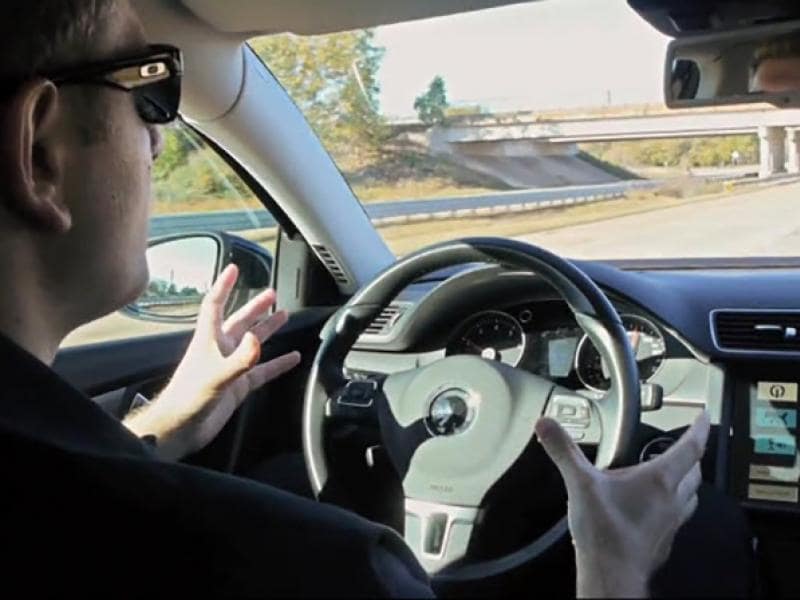
Why does the car vibrate?
Some drivers wonder why their car vibrates at a certain speed, and sometimes they ask this question because they notice certain vibrations in the steering wheel.
It is essential that the steering wheel response to the driver’s commands is accurate, as this gives reliability in driving. Therefore, it is a common situation that customers come to the workshop for this type of “steering problems”.

Most common causes of car vibration at certain speeds:
- Poor condition or balancing of tyres
- This is the most common cause of car vibration at a certain speed and also one of the most dangerous.
- Driving with tyres that are unevenly worn or hardened by the passage of time causes vibrations in the steering wheel when exceeding 80 km/h (although if the defects or wear are considerable, this vibration can be felt even at low speeds, above 10 km/h).
- On the other hand, poor tyre balance (e.g. due to loss of counterweights or deformation of the rim from a blow) can also lead to steering wheel vibration. In this case, the sensation is systematically perceived only at a certain range of speed.
- Unbalanced steering
- If the steering is not correctly aligned, the vehicle generates a tremor when exceeding 50 miles per hour and this vibration is transmitted to the steering wheel. In this case, the driver perceives a sensation of buoyancy that forces him to correct the steering wheel to one side or the other.
- Sometimes this is due to the fact that the ball joints of the coupling rods acquire play and precipitate the steering imbalance.
- Poor suspension
- Another answer to “why does the car vibrate at a certain speed” is that the shock absorbers are in bad condition. Along with tyre and steering problems, poor suspension condition is a warning sign that there may be a risk of an accident due to vibration (which could cause the vehicle to go off the road) or ineffective braking.
- A poorly maintained suspension can also affect the wear of the silentblocks (next cause) and tyres.
- Slack in the silentblocks
- The function of the silentblocks is to absorb noise and vibrations between the rigid parts of the vehicle and thus prevent wear. When these acquire play, they do not fulfill their function and, therefore, they stop avoiding the vibrations that are transmitted to the steering wheel.
- Worn silentblocks do not imply a serious safety problem, but they can trigger problems in other parts of the vehicle that would cause a loss of safety while driving.
- Failure of some engine elements
- The engine can also be a source of vibration from the steering wheel, in this case at high speeds. It may not be a recurrent vibration, but rather one that arises “suddenly” when driving at a continuous speed.
- This situation may be due to a lack of air or fuel in the cylinders during propulsion or to a failure of the spark plugs.
- Damaged brake discs
- If the brake discs are not flat (but warped), the driver may notice that the car vibrates at a certain speed. This sensation is felt when the brake pedal is depressed when driving at a certain speed (depending on the level of warping of the discs, this can be felt at one speed or another).
- Wear on the CV joints
- The wear of the CV joints is usually caused by friction and seizure due to lack of lubrication (due to deterioration of the dust caps).
- This wear causes metallic noises and vibrations when driving, although, in this case, this sensation is perceived when starting to drive, when driving at low speed or in very pronounced turns.
- Poorly maintained bearings
- Bearings in poor condition contribute to transmitting vibrations to the steering wheel while driving. Although this can be considered a fault that is easy to solve, it is often difficult to detect because it does not occur systematically and with the same level of noise.
Problems caused by these vibrations
The above are just some of the most common causes of steering wheel vibration while driving, however, there may be more reasons and it is important to treat them as soon as possible to avoid them leading to other major failures.
One of the parts most prone to failure in the event of severe and/or prolonged vibration of the vehicle is the steering system itself. Tyres are also easily damaged by vehicle vibrations. Moreover, this damage has a direct influence on the steering.
Some of the reasons why the car vibrates at a certain speed can cause simple discomfort while driving, but others can pose a safety risk while driving, as they affect the vehicle’s ability to hold on to the road surface and induce a feeling of insecurity in the driver. It is therefore essential that, in any of the situations described, the workshop technician checks all possible related breakdowns so that a minor breakdown does not lead to a more significant and dangerous one.
